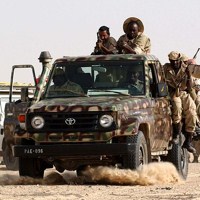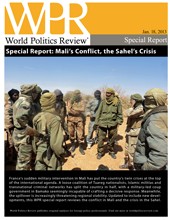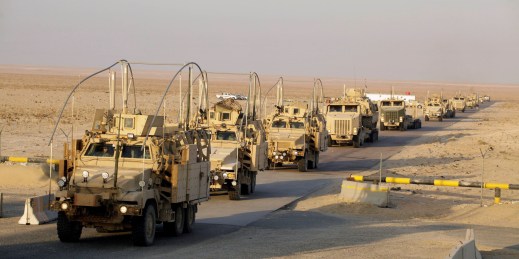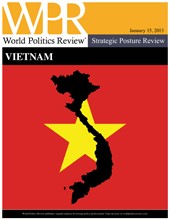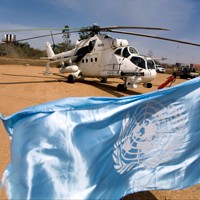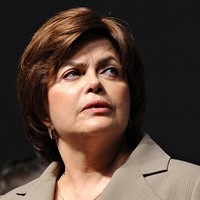
On Monday, 100 mutinous soldiers seized Eritrea’s Ministry of Information and forced state television to broadcast their list of demands. Loyal government troops quickly put an end to what some are calling a failed coup attempt, but two Eritrea experts who spoke with Trend Lines said the challenge to Eritrean President Isaias Afwerki, who has made the country one of the most isolated and oppressive in the world, is far from over. “This is a reflection of the depth and breadth of dissatisfaction in the society over the continuing failure to take the country beyond the war footing it went […]


